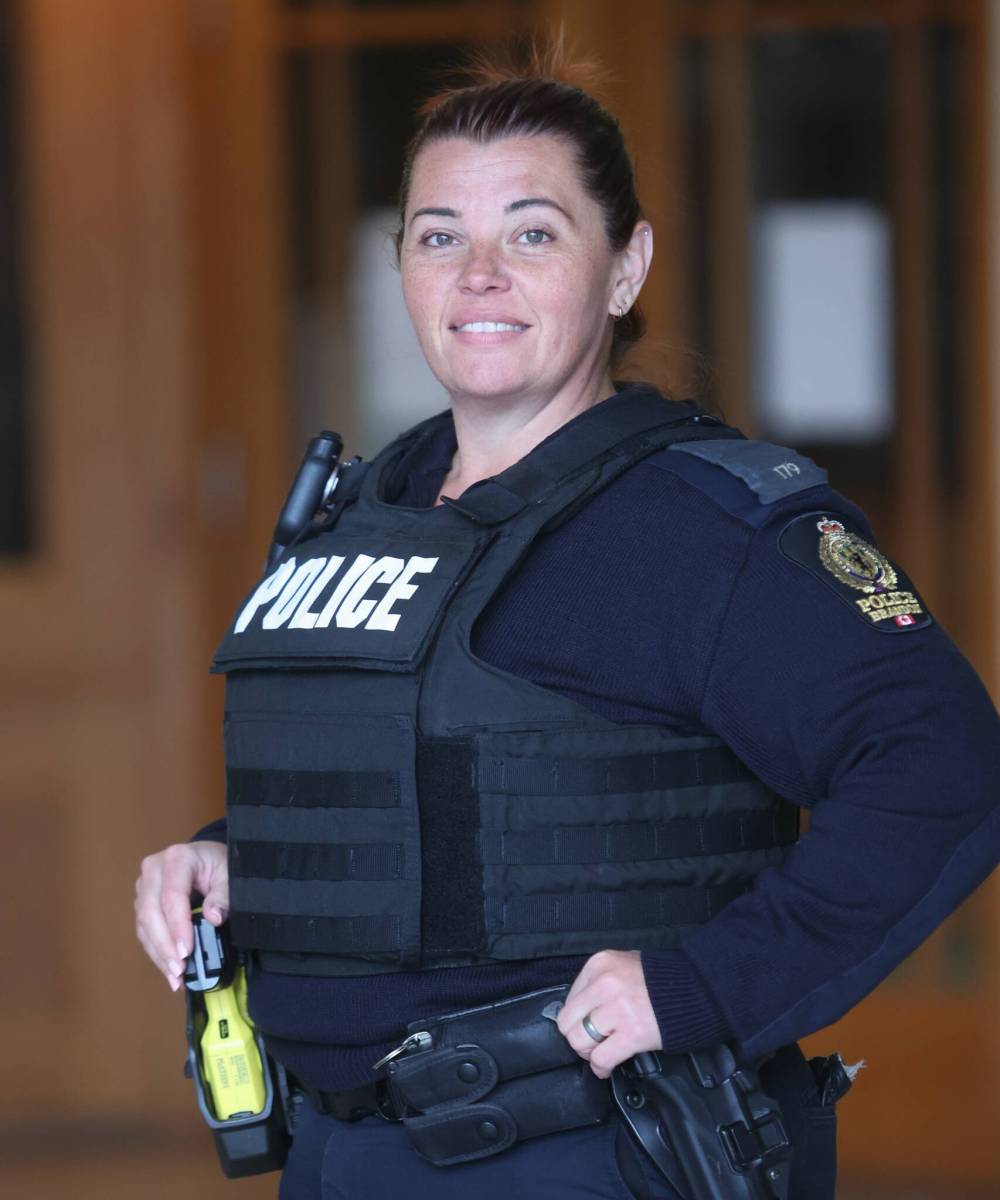BPS defends crisis unit from academic critics
Advertisement
Read this article for free:
or
Already have an account? Log in here »
We need your support!
Local journalism needs your support!
As we navigate through unprecedented times, our journalists are working harder than ever to bring you the latest local updates to keep you safe and informed.
Now, more than ever, we need your support.
Starting at $15.99 plus taxes every four weeks you can access your Brandon Sun online and full access to all content as it appears on our website.
Subscribe Nowor call circulation directly at (204) 727-0527.
Your pledge helps to ensure we provide the news that matters most to your community!
To continue reading, please subscribe:
Add Brandon Sun access to your Free Press subscription for only an additional
$1 for the first 4 weeks*
*Your next subscription payment will increase by $1.00 and you will be charged $20.00 plus GST for four weeks. After four weeks, your payment will increase to $24.00 plus GST every four weeks.
Read unlimited articles for free today:
or
Already have an account? Log in here »
Brandon Police Service is defending its decision to create a crisis response unit made up of police officers and mental health professionals after two academics criticized the initiative.
Christopher Schneider and Ania Theuer, a professor and assistant professor in Brandon University’s Department of Sociology, expressed their views on the forthcoming unit in an op-ed published in the Winnipeg Free Press earlier this month.
While they acknowledged that creating a crisis response unit by pairing officers with psychiatric nurses may seem like a step in the right direction, they said there is no concrete evidence showing the effectiveness of such units.

Brandon Police Service Const. Amanda Conway was one of two BPS constables who wrote a rebuttal letter after two Brandon University academics published an article saying there is no concrete evidence showing the effectiveness of crisis response units like the one BPS is introducing. (Matt Goerzen/The Brandon Sun files)
They further stated that having the unit embedded in a “police-led framework” could carry on the stigma that people who experience mental illness or people in a mental health crisis are dangerous.
BPS Const. Amanda Conway and Const. Cecelia Joss responded with a “rebuttal letter” on Wednesday.
“While it is true that police officers are not mental health experts, it is equally true that mental health clinicians are not equipped or mandated to safely intervene in unpredictable, high-risk environments where weapons, public safety, or imminent harm may be a factor,” the constables said in their letter.
They also pointed to Winnipeg Police Service’s Alternative Response to Citizens in Crisis (ARCC) program, which they said showed improvements in several areas, including in response times and satisfaction from officers and clients.
They said it also diverts people from the hospital and justice system.
Out of the 272 times ARCC was deployed in its first year of operation in 2022, the program resolved 82 per cent of engagements and kept 91 per cent of clients in the community.
Schneider and Theuer called the Brandon unit a “feel-good Band-Aid solution to appease the public.”
Conway and Joss said this conclusion “overlooks both the evidence and lived reality of how these programs operate and benefit the community.”
In an interview with the Sun on Thursday, Schneider said he always welcomed open dialogue with BPS and acknowledged that their intentions in creating the unit are good.
“However, good intentions do not always translate into good results,” he said.
Schneider said Conway and Joss’s rebuttal letter “operated on the perception that mentally ill people are extremely dangerous.”
He said the accuracy of this perception has been challenged in “top tier” academic journals, specifically noting the Journal of Criminology.
“We wouldn’t expect police officers to assist a doctor with surgery, a chef with meal preparation, or a mechanic with auto repair,” he said. “To suggest that mobile crisis units are paired with police and this is somewhat different is to … perpetuate stigma and criminalization.”
When asked if there is a point when police may need to intervene, he said it’s possible, but that assessment should be left up to a mental health professional.
Theuer has front-line experience working with crisis response units — with and without police — over her 12 years working in the mental health field in Ontario.
“It’s deflating to see what’s needed, which is community mental health care,” she said. “On the other hand, it’s also what I would call my project of hope and the continuous work that I do and will do to draw attention to the dire need for mental health care and resources.”
Brandon police Chief Tyler Bates said in order to keep people in crisis safe, it’s pertinent that people’s safety is considered.
“The continuum of mental health calls for service is diverse, with some encounters peaceful and communicative, while others present as volatile, involving armed subjects and/or persons in drug altered psychosis,” Bates said in an emailed statement to the Sun.
“The threat of harm to participants in this process is real, and it would be irresponsible to not have a preparedness and response capacity for the full continuum of potential scenarios,” he said.
» sanderson@brandonsun.com
